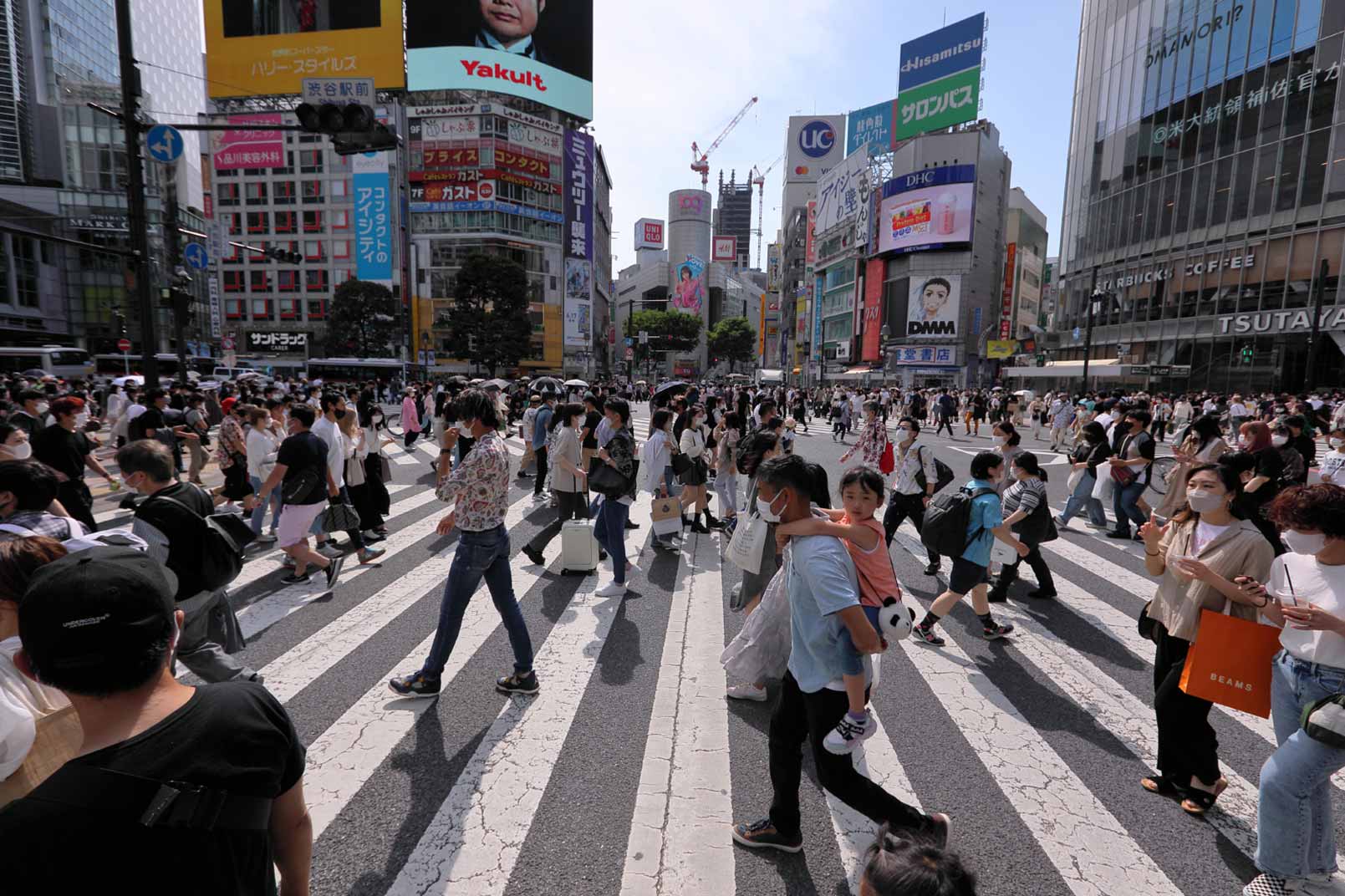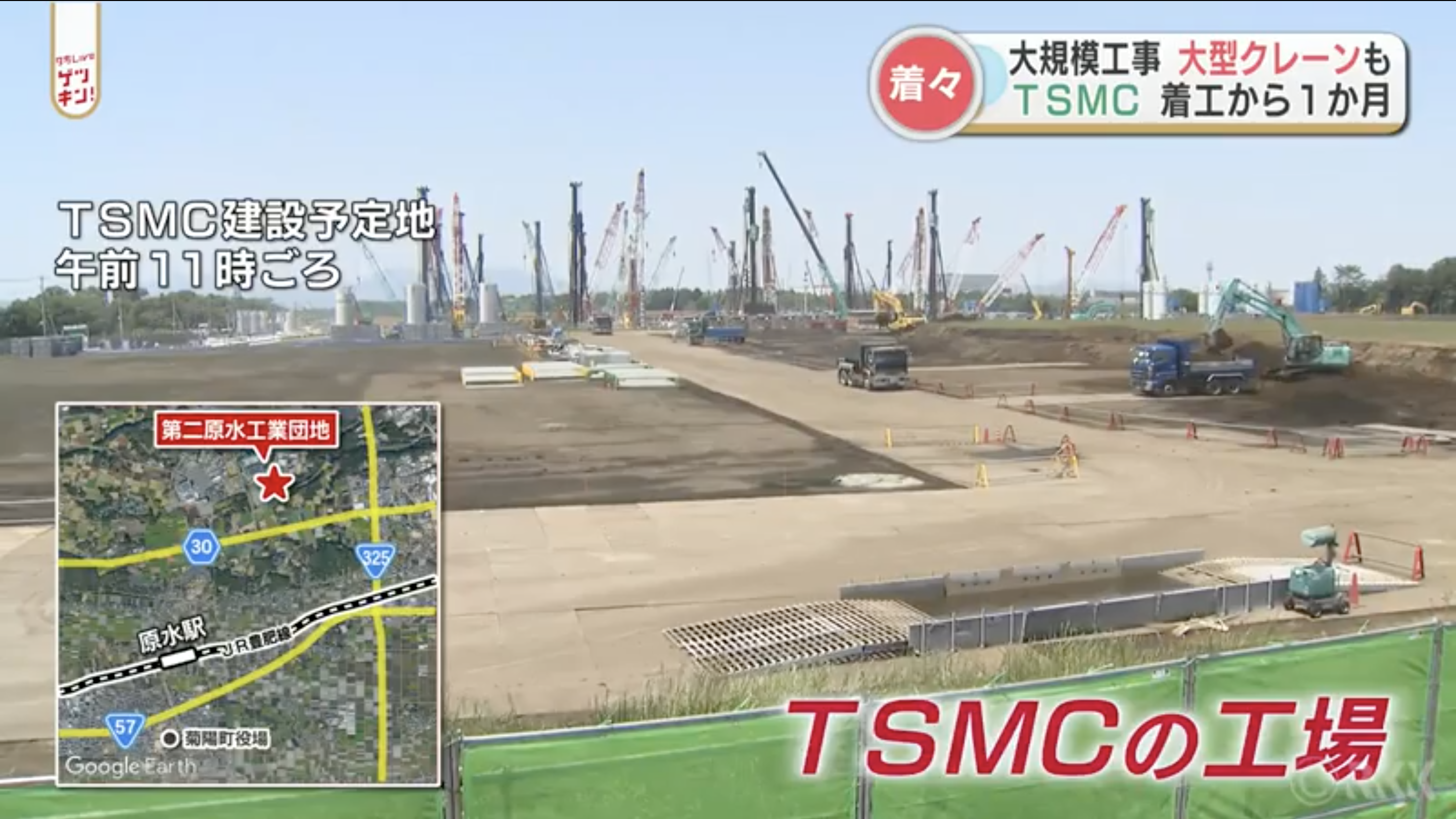Crisis and opportunity in low-cost Japan

Source:Chien-Tong Wang
After a decade of “Abenomics”, the economic policies of late Prime Minister Shinzo Abe that aimed to end a long period of minimal economic growth and deflation, Japan is trapped in a vicious cycle of low prices and stagnant salaries. How can Japan make up for three lost decades? And what are the opportunities for Taiwan?
Views
Crisis and opportunity in low-cost Japan
By Lin Chia-yiFrom CommonWealth Magazine (vol. 752 )
On June 10, Japan reopened the country to foreign tourists, ending pandemic-related restrictions. Seizing the opportunity to fly to Tokyo, our team of CommonWealth Magazine reporters was surprised to find that, due to the impact of the COVID-19 pandemic and a depreciated yen, Japan has become a low-budget destination. Travelers get more for their money than at home in what feels like an upgrade from economy to business class.
Tokyo is no longer the most expensive city in the world. A hamburger at the American burger chain McDonald’s costs only the equivalent of NT$29, which is 40 percent less than in Taiwan.
Japanese yen depreciates to 25-year low
“On this trip, my strongest impression is that things in Japan are all so cheap,” notes Chen Ming-ming, founder of the online travel agency KKday.
Over the past two years, Japan’s national currency lost more than 20 percent in value against the New Taiwan dollar. In other words, Taiwanese who are spending money in Japan feel as if they enjoyed a 30 percent rebate on everything.
Even on the salary front, the trend has begun to shift in favor of Taiwan.
TSMC entrance salaries in Japan lower than in Taiwan
In a joint venture with Japanese electronics giant Sony, Taiwan Semiconductor Manufacturing Company (TSMC) has built a semiconductor fab in Kumamoto on the southern main island of Kyushu. A human resources executive who is familiar with salary trends in the semiconductor sector in Taiwan and Japan points out that entrance salaries for candidates with an engineering master’s degree stand at around NT$1.4 million per year at the Kumamoto plant.
 Construction begins at JASM (TSMC) plant in Kumamoto. (Source: RKK)
Construction begins at JASM (TSMC) plant in Kumamoto. (Source: RKK)
Yet according to TSMC’s sustainability report, last year the average entrance salary for master’s degree holders had already exceeded NT$2 million in Taiwan.
“[The salaries at TSMC] in Japan are without doubt lower than in Taiwan,” says the HR executive, noting that the Japanese semiconductor industry is less competitive, and that in comparison to the salary level of competitors in the surrounding area, “salaries like that are enough.”
Salary growth in Japan has been stagnant for many years. “The monthly salary for university graduates has virtually remained the same for the past ten years.
After deducting almost 30 percent in taxes, they actually get only a little more than NT$30,000,” observes Lu Yi, who works at a foreign-invested tech company in Tokyo.
How is it that in Tokyo, where living costs and rents used to be shockingly high, consumer goods have become so cheap and salaries so low?
There’s one answer: stubborn deflation.
“Since Japan has suffered deflation for a long time, company operations have become paralyzed because the mechanism of passing cost onto the consumer does not work anymore,” explains Toshihiro Nagahama, analyst with Tokyo-based Dai-Ichi Life Research Institute.
As the government took a laissez-faire attitude towards deflation, there was no room for price hikes. No matter how hard companies tried, they would not make any money. As a result, salaries stagnated. “Amid this vicious cycle over 20 years, everyone has remained stuck in this kind of value system,” adds Nagahama.
He believes that the country suffers from the “Japanese disease” whose symptoms are low incomes, low prices, low interest rates, and low economic growth.
A much more long-term side effect of the disease is that an entire generation of Japanese entrepreneurs that has grown up during that period has become overly cautious and conservative.
As Nagahama points out, the overriding line of thought in executive circles is “cheap”. Consequently, no one dares to take bold moves forward. Instead, conservative people with a cost-cutting attitude make it to the top of the corporate ladder.
“In Japanese companies, even people at the executive level lack the experience of raising prices,” says Chen Chaojung, managing director and partner at Boston Consulting Group (BCG) Japan. “For Japanese people under the age of 40, the concept of raising prices basically does not exist.”
Yet Chen also points out that Japanese enterprises have come up with some unusual competitive services as they try to make consumers with a buy-cheap attitude happy. These enterprises, ranging from conveyor belt sushi chain Sushiro to J!ns eyewear, where new glasses are ready within half an hour, and flat-price fast haircutting service QB House, innovated the production process to provide services at a very low price without sacrificing core quality.
Rising raw material prices destroy the low-price dream
Japan was only awoken from its sweet dream of cheap prices and shocked back into reality when the war between Russia and Ukraine triggered global inflation.
In late June, Japan’s retail industry finally began to raise prices after it could no longer take the pressure resulting from rising costs for imported goods and a slipping yen exchange rate.
 (Source: Chien-Tong Wang)
(Source: Chien-Tong Wang)
In July, Apple raised its prices for the iPhone and iPad in Japan by 20 percent, reaching a level comparable to that in Taiwan. Sushiro, the nation’s leading conveyor belt sushi chain, also declared that it would raise prices for the first time in 38 years.
Gone are the days where a plate of sushi cost 100 yen. In an interview, Koichi Mizutome, president of Sushiro’s mother company Akindo Sushiro, revealed his predicament, saying: “If we don’t hike prices and sacrifice quality instead, consumers will stay away from sushi.”
“If companies had been willing to raise prices in the past years, [Japan] would probably not have experienced longtime deflation,” Mizutome said.
 Koichi Mizutome, president of Sushiro’s mother company Akindo Sushiro. (Source: Chien-Tong Wang)
Koichi Mizutome, president of Sushiro’s mother company Akindo Sushiro. (Source: Chien-Tong Wang)
Heaving a sigh, he says it can be excused in Japan if upper management allows the company to run into losses because it does not dare to raise prices. “Management faces no pressure to resign if they incur losses. If this attitude doesn’t change, society will become stuck and not move forward,” he predicts.
Do the recent price increases mean that Japan is about to leave deflation behind and to benefit from an inflationary stimulus?
Many economists fear that just the opposite might be the case.
Soaring commodity prices but no room for salary hikes
“Abenomics meant to push for inflation, which is foolish!” exclaims Richard C. Koo, chief economist at the Nomura Research Institute in Tokyo.
For the past decade, the Bank of Japan has tried to achieve a moderate rate of inflation with its foreign currency policy, yet to no avail. Now inflation is being caused by soaring raw material prices. “This means that the central bank is not in a position to stimulate commodity prices at all,” says Koo.
He points out that the Bank of Japan expected a depreciated yen to stimulate exports, loans, and investment, which in return would push up commodity prices and salaries. However, the anticipated effect never occurred.
As Koo sees it, Japan had already relocated too much of its manufacturing abroad to be able to benefit from cheap exports. Meanwhile, Japan has a trade deficit, which means that the negative effects of a depreciated yen by far outweigh its advantages.
Faced with a business environment with low prices, low salaries, and low investment, some companies are perking up.
In 2017, executive officer and COO of Suntory Group’s Digital Transformation Division Takashi Muromoto visited Shanghai, witnessing how seamlessly digital payments and transportation services worked there. He was shocked to find that China was much more advanced in terms of digitization than industrialized Japan.
He concluded, “We must have a new strategy and take action.”
Suntory pooled a few executives with courage and insight like Muromoto who embarked on bold reforms that restructured Suntory into a holding company. With the addition of American spirit maker Beam to the portfolio, Suntory became the world’s third largest supplier of spirits, successfully expanding its global reach and making it into the ranks of the Global Top 500.
One of the recently most watched joint ventures between Taiwan and Japan calls Nagaokakyo City, southwest of Kyoto, home.
Two years ago, Japanese conglomerate Panasonic Corp. (formerly known as Matsushita Electric Industrial Co. Ltd.) sold its semiconductor unit to Taiwanese logic IC maker Nuvoton Technology Corporation for US$250 million. Nuvoton is a spin-off from Taiwanese specialty memory IC company Winbond Electronics Corp. At the plant, which looks back on a 70-year-long history, the Panasonic sign has already been replaced by one saying Nuvoton.
 (Source: Chien-Tong Wang)
(Source: Chien-Tong Wang)
Thanks to its proprietary lithium-ion battery technology, Panasonic is the main supplier of batteries for Tesla electric cars. And the IC technology for the chips controlling the power supply of these batteries is owned by Nuvoton Japan.
“We are optimistic about this acquisition,” notes Jerry Hsu, chairman of power management solution provider Bel Acbel Polytech Inc. and an independent director at Nuvoton.
Why would Panasonic sell off a company with sought-after technology and high-caliber customers?
This is related to the restructuring of the conglomerate.
In 2020, Kazuhiro Tsuga, then president of Panasonic, announced that the company would be revamped into a holding company, with each business unit assuming responsibility for its profits and losses. At the same time, loss-making non-core divisions, including the semiconductor business, would be sold off.
As David Gross-Loh, managing director at American investment firm Bain Capital, points out, large Japanese corporations like Panasonic suffer from the same disease. They are active in too many different fields, which hampers their ability to adapt. As a result, giving up non-core business is an unavoidable pain that must be endured in order to restore the company to health.
After Nuvoton bought the Panasonic semiconductor business in late 2020, the company immediately invested 10 billion Japanese yen. Within a year, Nuvoton Japan became profitable, constituting the most successful Taiwanese acquisition of a Japanese enterprise in recent years.
Nuvoton’s example shows that in the ongoing consolidation wave in Japan, numerous valuable assets are coming onto the merger and acquisition market. For Taiwanese companies with complementary core activities, this is a great opportunity.
As Gross-Loh remarks, “Japan has many companies in good shape, but because they fail to realize their potential, they are undervalued.”
Raymond Chen, head of the Taiwan Trade Center Tokyo, says that investors from Taiwan are aware of the opportunity:
“Taiwanese companies are now ready to move and invest in Japan. This year such investments are 20 percent cheaper [due to the exchange rate].”
Lin Yu-hsin, director general at Mizuho Corporate Bank Taiwan, points out that “many Japanese companies own key technologies, but in the past, they were only active domestically. After selling equity to Taiwanese factories, they gain access to the global market, with revenue multiplying.”
Will Japan remain stuck in the rut of the lost era or reinvent itself to rise again?
For ten years, the Bank of Japan has pursued an ultra-expansive monetary policy as part of “Abenomics”. It is not yet clear whether the assassination of Abe also means the end of Abenomics.
 (Source: Chien-Tong Wang)
(Source: Chien-Tong Wang)
Naoki Endo, CEO at Japanese consulting firm beBit Inc., is still quite confident about Japan’s future. “From the oil crisis and the Plaza Accord in the past, Japanese companies have experienced many difficulties. But in the end, they have always found ways to overcome crises.”
Have you read
- TSMC in Japan is significant for business and human rights in Taiwan
- How will Abe's departure affect the future of Taiwan-Japan relations?
Translated by Susanne Ganz
Edited by TC Lin
Uploaded by Penny Chiang






